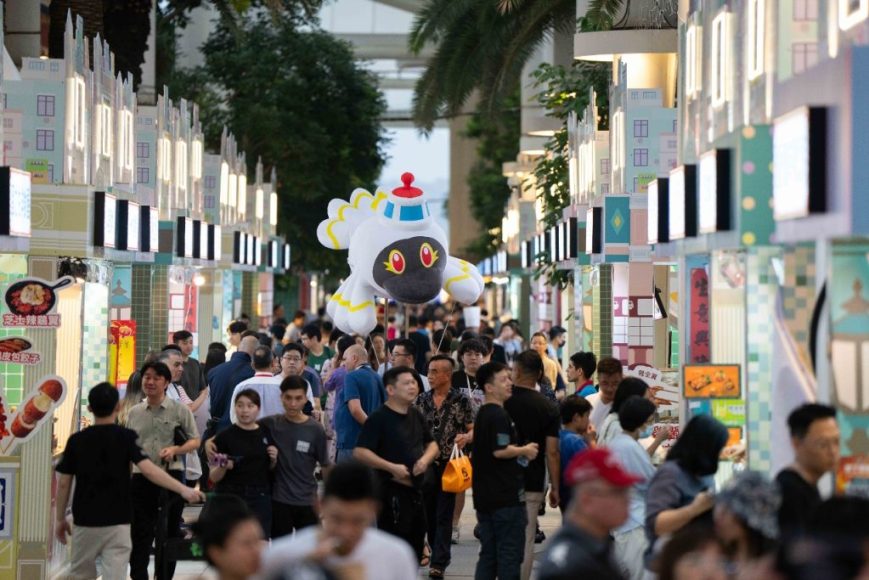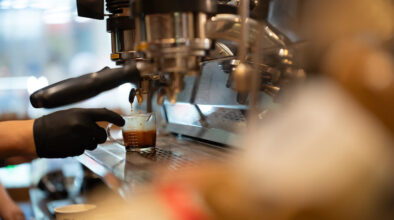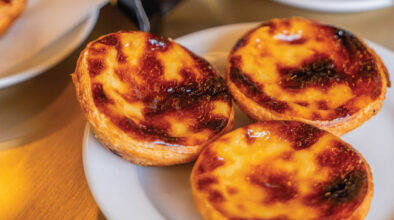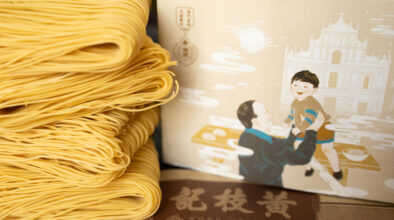In our interconnected world, food plays a crucial role. It encourages people to explore new destinations through their culinary traditions and drives cultural exchange, bringing people closer together. And as tourism soars to all-time highs, contributing as much as US$11 trillion (MOP 88 trillion) to the global economy this year according to an estimate by the World Travel & Tourism Council, food will also be an increasingly valuable resource for host cities and countries.
Macao’s recent International Cities of Gastronomy Fest exemplified the unique strengths of cuisine.
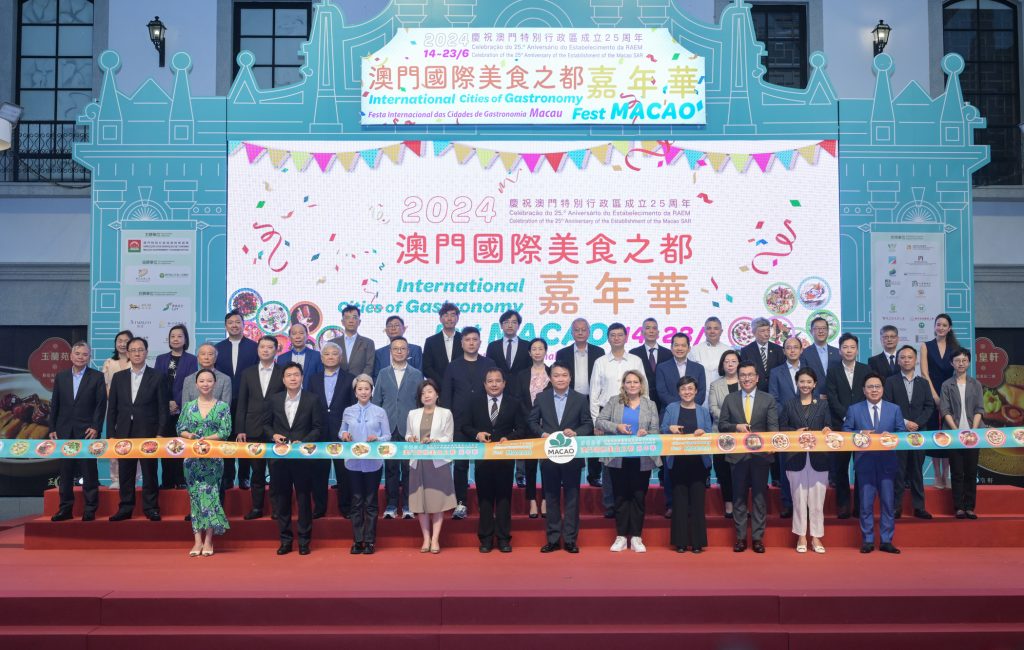
Organised by the Macao Government Tourism Office (MGTO), the festival debuted to resounding success this summer. In its first edition, the event attracted about 107,000 visitors to the Fisherman’s Wharf from 14-23 June. Representatives from 29 UNESCO Creative Cities of Gastronomy in 18 countries wowed visitors with their signature dishes, presented cooking demonstrations and folk performances, and discussed how gastronomy can help societies build a more sustainable future.
With Macao embarking on the next stage of its evolution, driven by a diversified approach to tourism, the event encapsulated the SAR’s strengths as both a global meeting place and a vibrant culinary destination, reinforcing Macao’s golden calling card as an international metropolis.
A feast for all senses
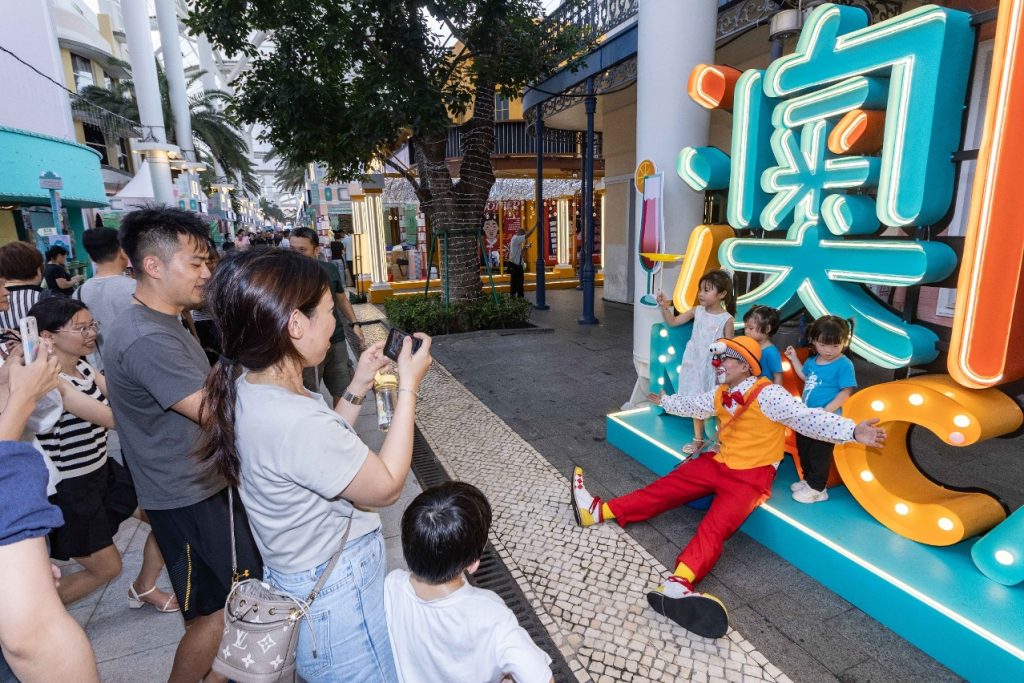
This year sees the 25th anniversary of the establishment of the Macao Special Administrative Region and the 75th anniversary of the founding of the People’s Republic of China. Sustainable Gastronomy Day also fell on 18 June. That gave the city plenty of reasons to celebrate – the International Cities of Gastronomy Fest delivered.
As MGTO Director Maria Helena de Senna Fernandes explained, the event was more than a commemoration of these milestones, however. The festival played into Macao’s strengths as an international exchange platform and was able to leverage gastronomy and creativity to promote preservation, innovation and exchange among Creative Cities of Gastronomy around the world, she said during the opening of the International Cities of Gastronomy Fest.
Spread across 6,500 square metres in the Fisherman’s Wharf, a colourful leisure complex in the Outer Harbour area, the 10-day event featured three main components: the International Gastronomy Promenade, City of Gastronomy Showcase, and International Gastronomy Forum.
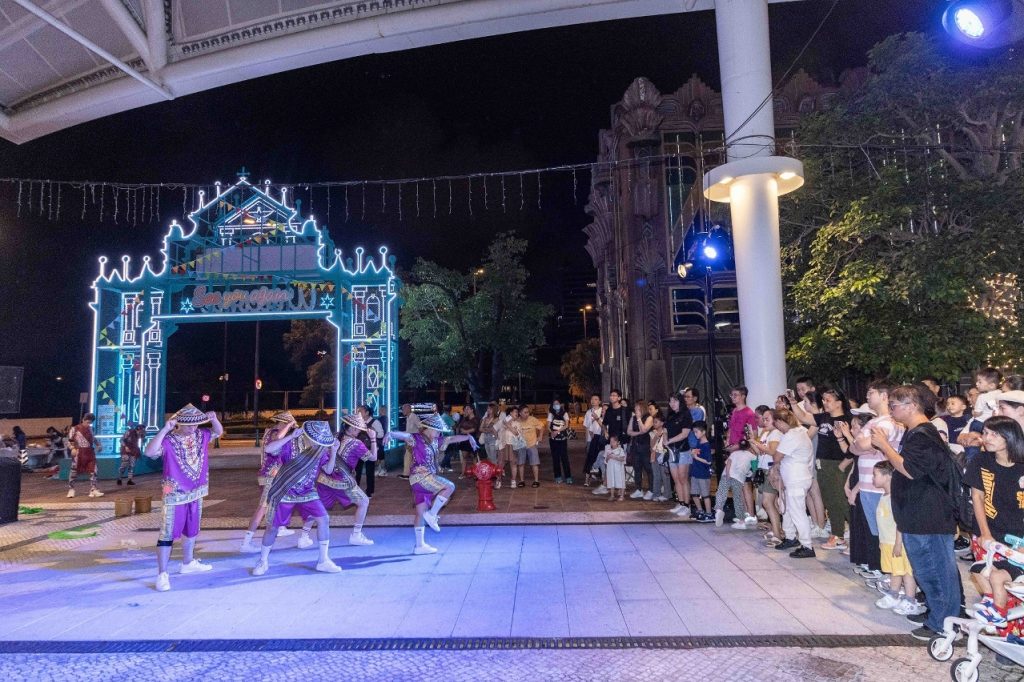
For attendees, much of the action centred on the International Gastronomy Promenade. Vendors manned 100 different food booths, serving regional delicacies from across Asia – Sarawak-style laksa (spicy noodle soup), pancit molo (Filipino pork dumpling soup) and Chaoshan specialities.
These booths showcased the best food from five Chinese Creative Cities of Gastronomy (Chengdu, Shunde, Yangzhou, Huai’an and Chaozhou), three Asian Creative Cities of Gastronomy (Phuket, Thailand; Kuching, Malaysia; Iloilo City, Philippines) and some of Macao’s favourite restaurants. It also introduced vendors to a new market.
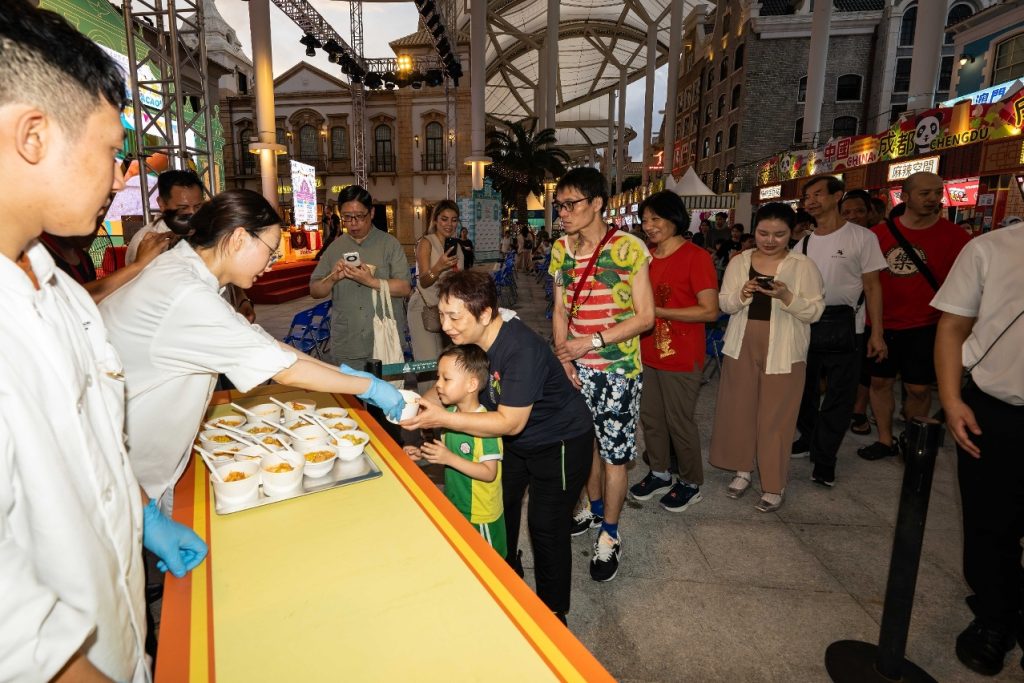
“This [festival was] a very good opportunity for us to highlight our gastronomic dishes here in Macao,” said Catherine Taleon, founder of Balay Tablea, an Iloilo-based company that makes exquisite drinking chocolate blends from Filipino cacao.
The incredible food was complemented by 168 live performances. Portuguese folk music, Thai dance, live shows from local rock band the Cotton Kids and more added extra colour throughout the event.
When guests were not chatting up vendors or catching a live show taking place along Legend Boulevard, they could unwind in the game zone or have a drink at the seaside bar. They could even play an interactive game on MGTO’s WeChat account – a fun add-on that attracted tens of thousands of participants.
A stage to flex culinary muscles
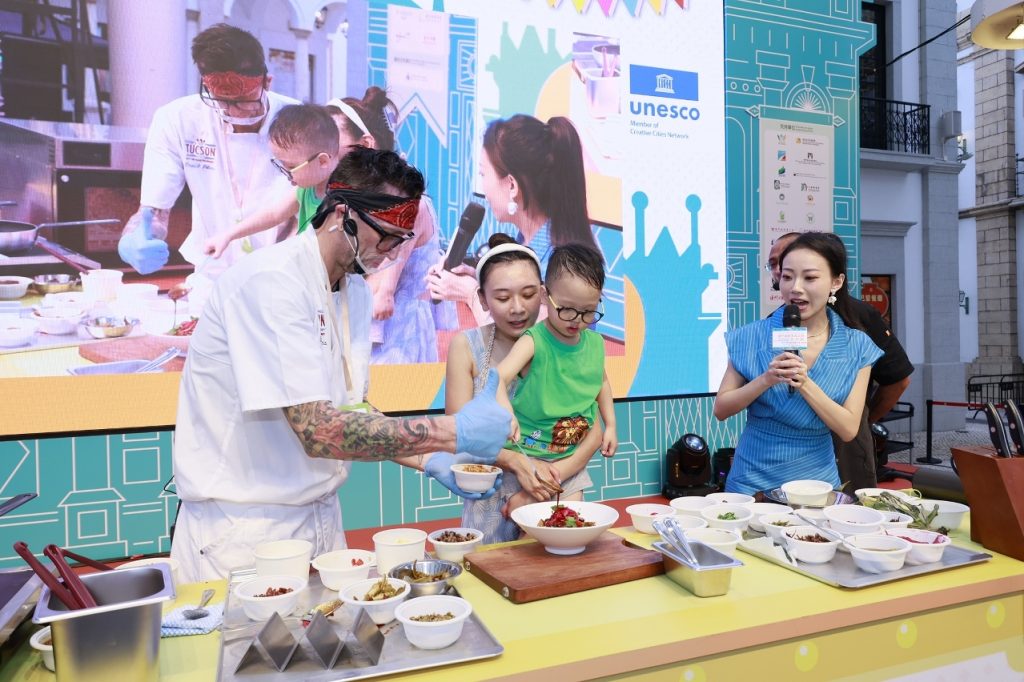
As a bonus to regional cuisines and live shows, visitors also experienced unique flavours from top chefs representing 26 Creative Cities of Gastronomy in other parts of the world and got to see how their signature dishes were created.
On a stage set up in the middle of Legend Boulevard, chefs from Australia, Bolivia, Brazil, Greece, Iran, Italy, Peru and beyond conducted a total of 60 live cooking demonstrations. When their dishes were finished, samples went out to the spectators – giving everyone an opportunity to try exotic flavours they may never have experienced.
The City of Gastronomy Showcase also provided an important platform for the chefs who took stage. “This was a big opportunity for us,” said Giorgia Pongolini of award-winning Bistrot Il Cerchio in the famous Italian food region of Parma, following a cooking demonstration. “We would like to spread [Parma’s] culture of food.”
Bistrot Il Cerchio’s Michelin-acclaimed founder, Roberto Pongolini, later served an exclusive tasting menu at one of the integrated resorts that partnered with MGTO for the event. For diners, it offered a personalised experience they could not get without travelling to Pongolini’s restaurant.
Pop-ups like these demonstrate the secondary benefits that an event like the International Cities of Gastronomy Fest can give host destinations. Visiting chefs can reach more audiences in Macao, often in a more intimate setting and affirming the SAR’s reputation as a dining hub. The chefs might also experience different local flavours and techniques at the restaurants they visit in Macao.
Providing a platform for discourse
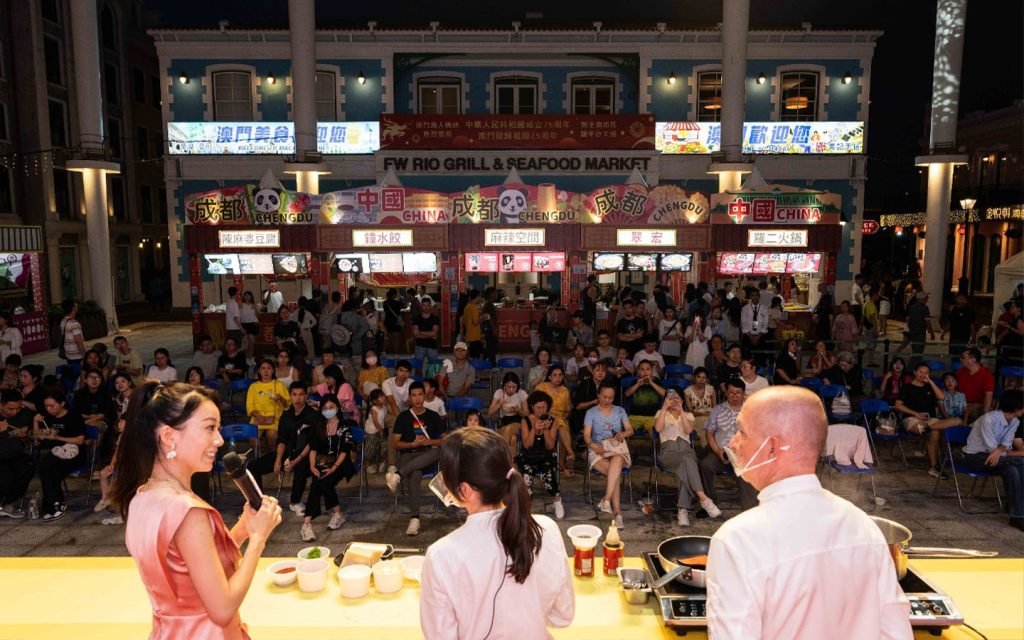
Some of the most powerful insights from such ambitious events as the International Cities of Gastronomy Fest often occur in sideline discussions. MGTO brought those discussions to the centre stage.
The International Gastronomy Forum, Macao – MGTO’s fourth food-focused forum since 2016 – united key industry figures around discussions guided by the theme of “Holistic Gastronomy: Eat well, live well.”
Delegates from 29 Creative Cities of Gastronomy – and seven Chinese member cities of the UNESCO Creative Cities Network (UCCN) in other fields – came together in panel sessions and a focused exchange meeting. They shared insights, ideas and knowledge that could provide a guiding line as Macao begins to turn its “tourism + gastronomy” vision into a reality.
In the morning session, panellists discussed holistic gastronomy trends and the intersection of wellness and food in Asia. Everything from emerging technology to how Macao’s rich culinary heritage and forward-looking approach makes it an ideal setting for the industry to flourish was discussed while in the afternoon panel, the main topics discussed were culinary tourism, the need for collaboration, and driving sustainable change through holistic gastronomy.
With more than 250 participants swapping bold ideas, the forum provided penetrating insights from thought leaders and industry experts alike.
The power and potential of food
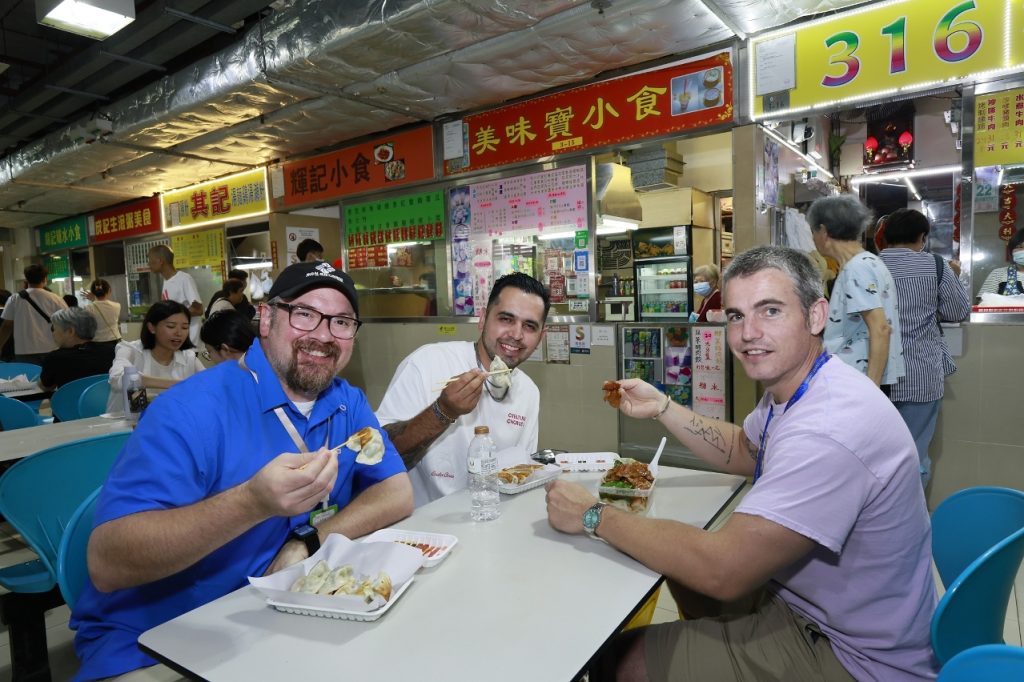
More than simply celebrating global gastronomy, the International Cities of Gastronomy Fest underscored Macao’s own rich and diverse culinary heritage.
As a city where Chinese, Portuguese and global traditions have created a vibrant and eclectic food scene, Macao has much to offer as a culinary destination. With its status as a hospitality hub and home to major international events, it is also an ideal host.
This festival brought those strengths into focus. The International Cities of Gastronomy Fest ensured that Macao’s rich gastronomic heritage continues to thrive and inspire.
